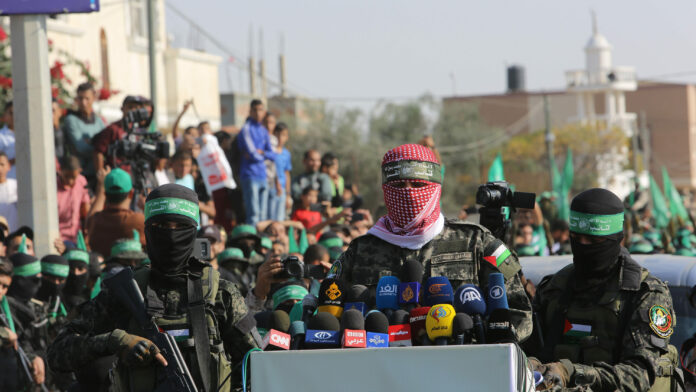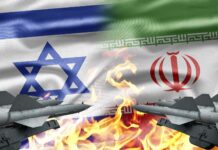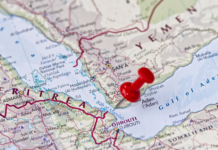|
Getting your Trinity Audio player ready...
|
By Avi Melamed
As I write this article on Sunday morning, July 14th, it remains unclear whether an Israeli strike in Gaza on July 13, 2024, killed Mohammed Deif, the commander of the Izz al-Din al-Qassam Brigades, Hamas’s military wing. Official Hamas spokespeople confirmed the death of Rafaa Salama, the commander of the Khan Yunis Brigade, but claimed Deif survived. Conversely, Israeli intelligence agencies reportedly assess with high probability that the strike either killed or severely injured Deif.
To carry out the targeted killing of individuals involved in terrorism, referred to as ‘centers of knowledge,’ three conditions must be met: First, high-quality real-time operational intelligence. Second, a window of opportunity for the operation. Third, an assessment that the overall achievement of the killing outweighs any diplomatic and legal implications from potential civilian casualties. In this case, Israeli decision-makers believed all these conditions were met.
Given the attack’s intensity and assuming Deif was present at the bombed facility, there is a high probability that he was killed or at least severely injured. Palestinian sources claim the attack killed over a hundred people and injured about 300, arguing that most casualties were civilians and children. These figures have not been verified. Conversely, Israel contends that most casualties were Hamas operatives, including dozens of Deif’s bodyguards. I estimate that the Israeli position is closer to reality. Reports from Arab networks in Gaza, including journalists close to Hamas, indicate minimal civilian casualties and that most wounded were young men dressed in civilian clothing. Additionally, bodies arriving at hospitals from ambulances were wrapped in adult-sized bags, not children’s.
This strike deals a significant blow to Hamas on multiple fronts.
Symbolic Impact: Deif has become a mythical figure among Palestinian and Islamic circles, where he is called ‘the living martyr.’
Strategic Loss: Deif is Hamas’s central military strategist – and the military brain of Hamas. He meticulously planned the October 7 attack on Israel.
Operational Impact: This strike adds to a series of targeted killings of Hamas commanders and senior members, highlighting deepening Israeli intelligence penetration and presenting an increasing and growing challenge for Hamas. Following this latest attack, Hamas initiated an investigation, suspecting deep Israeli intelligence infiltration led to the attack.
Regional Criticism: This event has drawn criticism from the Palestinian Authority and Arab leaders around the region, who are increasingly angry with Hamas and its leaders for using Gazan civilians as human shields.
One of Israel’s main goals of the war that Hamas launched on October 7th was not to eliminate Hamas completely because that is an impossible task. It has been rather to destroy Hamas’ military infrastructure. However, it is important to emphasize that the strike on Deif will not critically affect Hamas’s military operations. Hamas currently operates under a distributed guerrilla model rather than the structured military framework they used before the war. This decentralized approach ensures that the loss of a single leader, even one as influential as Deif, does not paralyze their operations.
Additionally, this event is unlikely to lead to a breakdown in the negotiation process between Israel and Hamas. The ongoing conflict and negotiation dynamics are complex and multifaceted, and while this strike is significant, it will not derail the broader strategic and tactical maneuvers of either side.
There is an interesting detail about Mohammed Deif’s earlier life. He had a penchant for acting. As a young man, he directed and acted in plays at the Muslim Brotherhood’s student organization’s theater in Gaza.
It appears there are grounds for a cautious assessment that Deif has left the stage.



